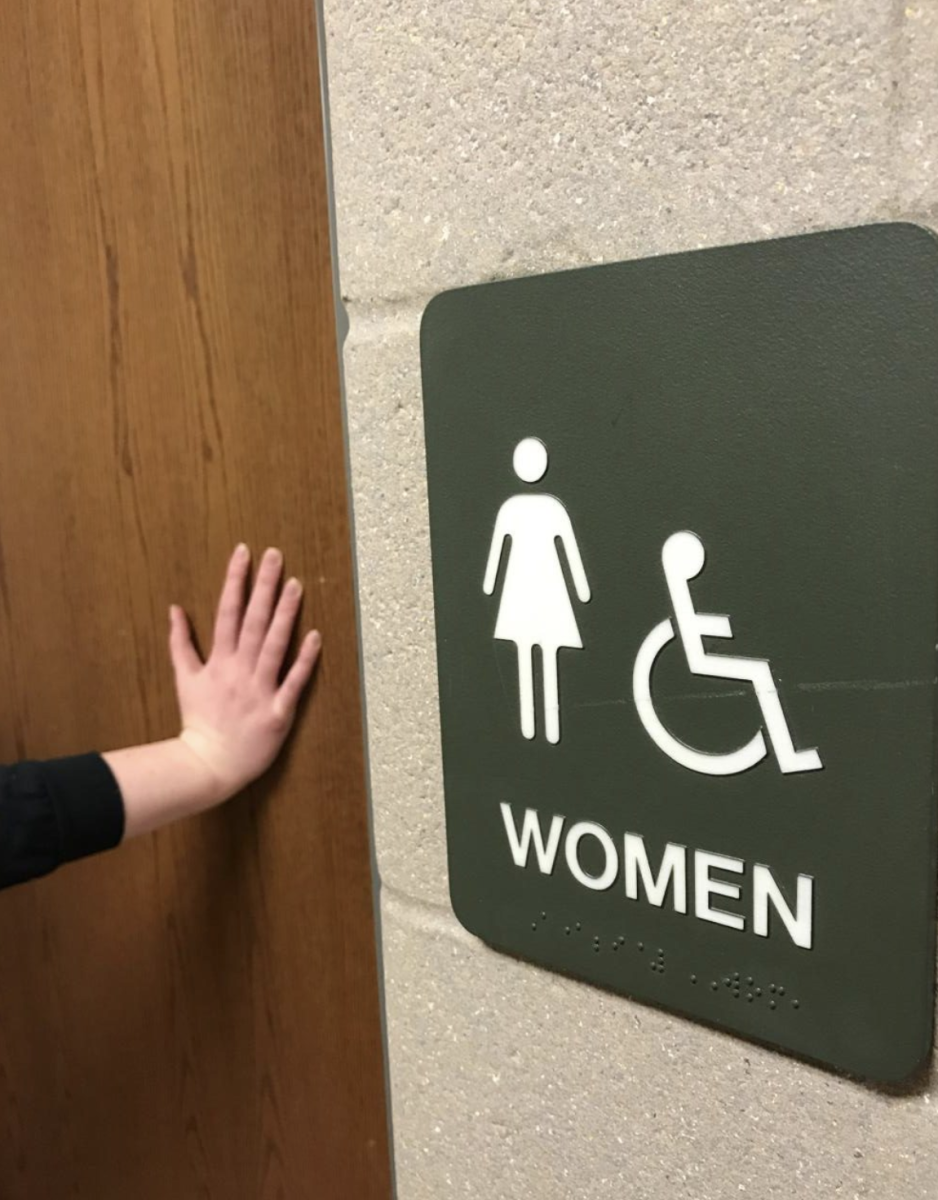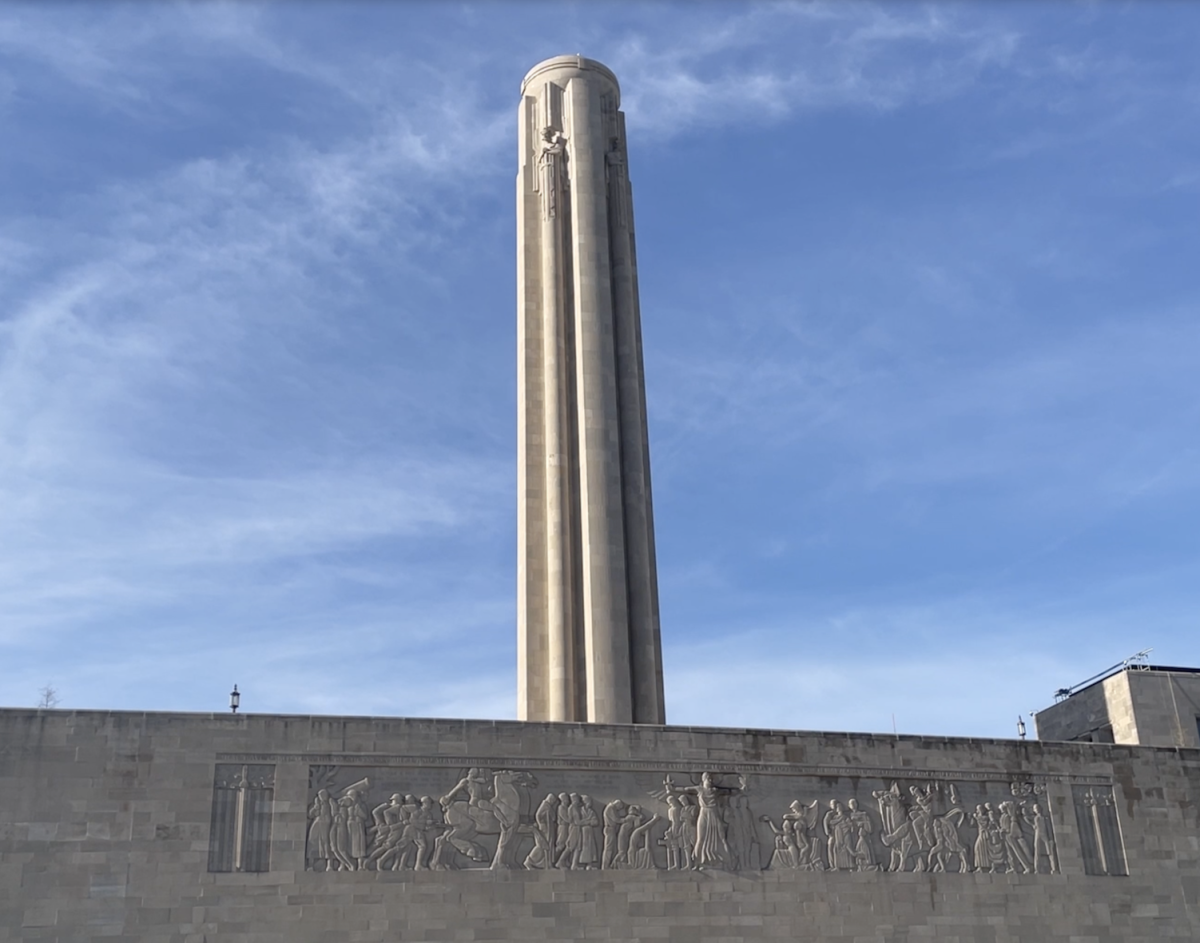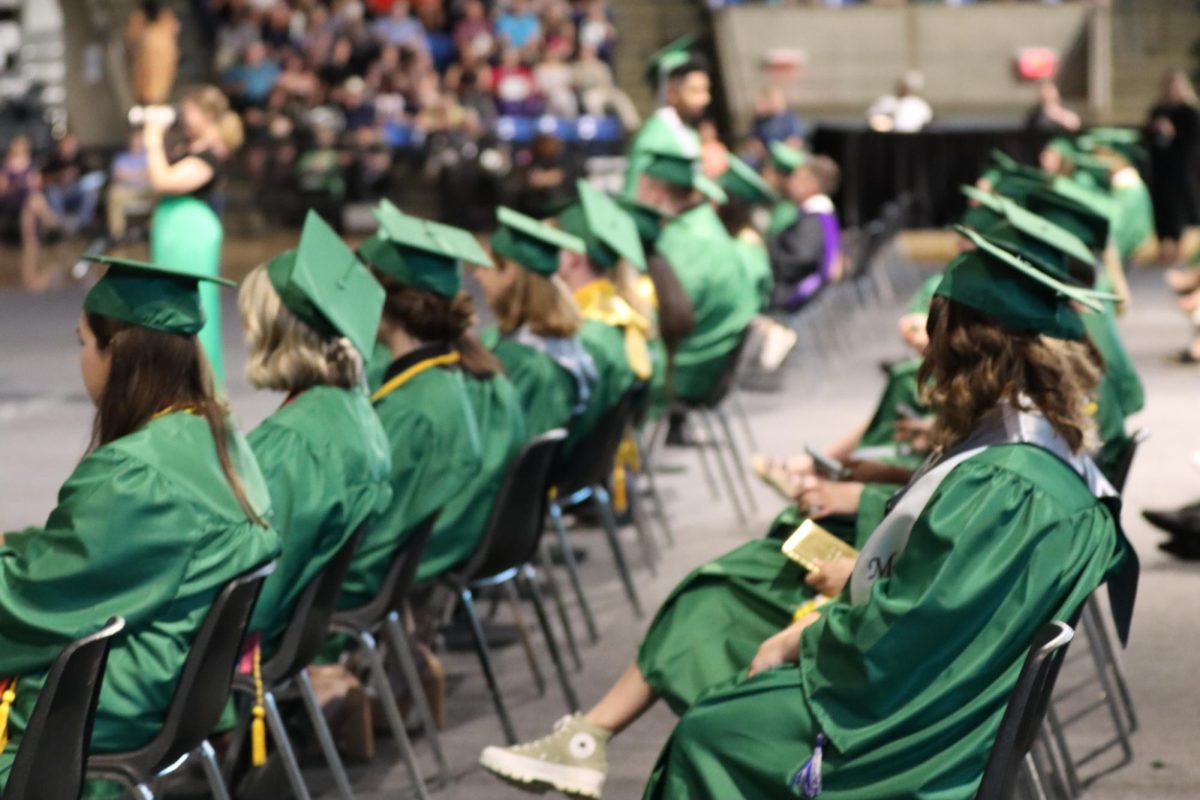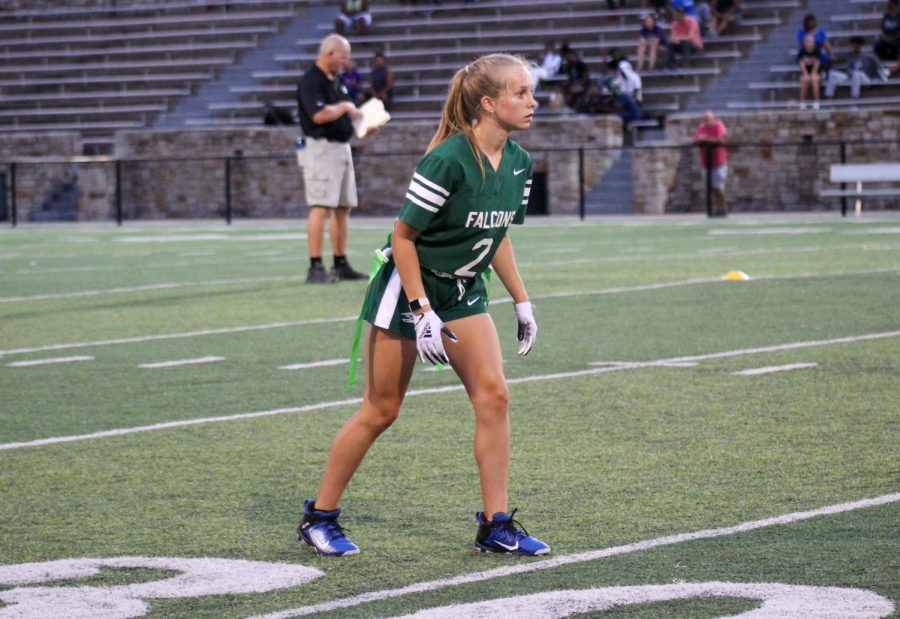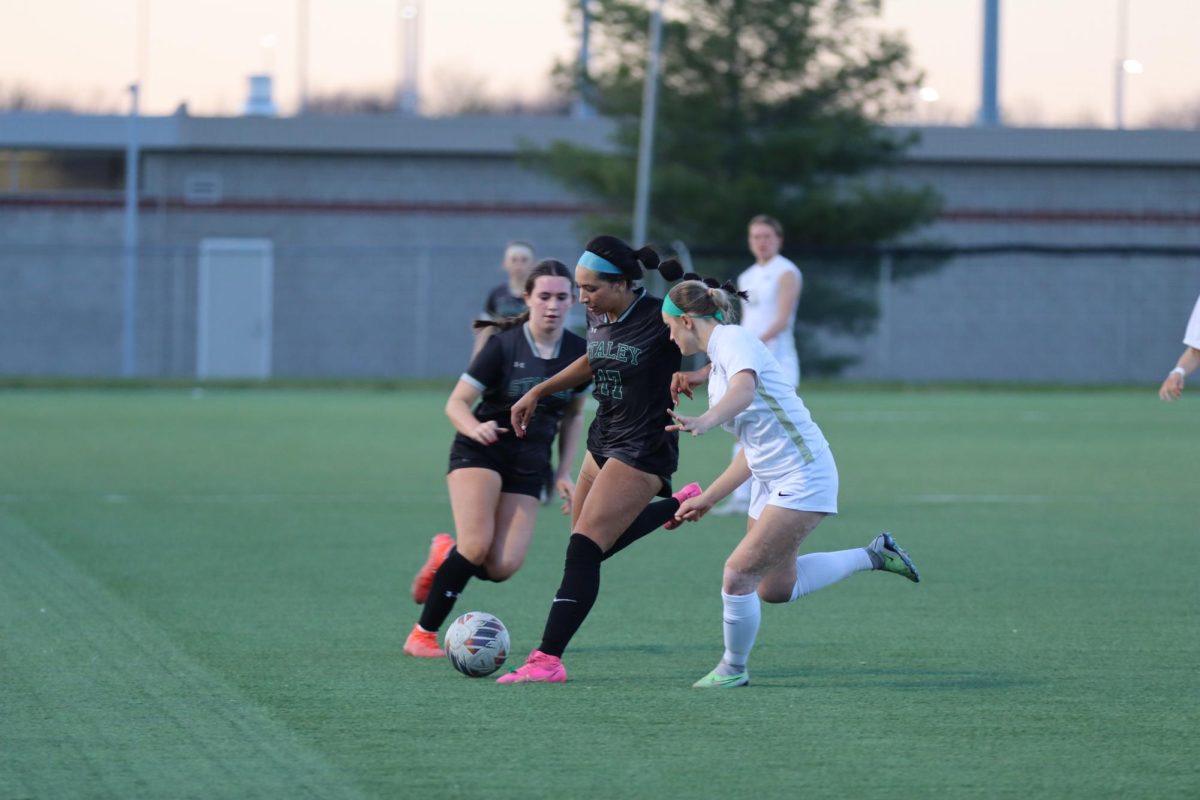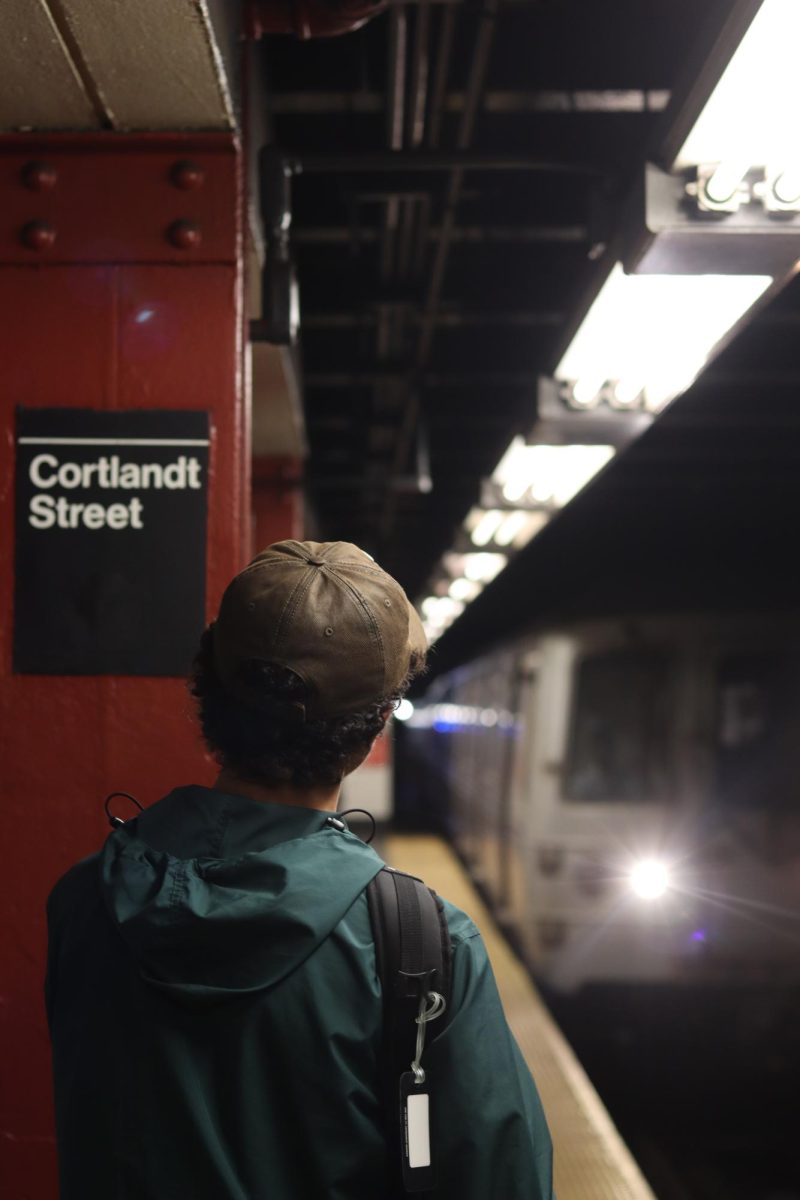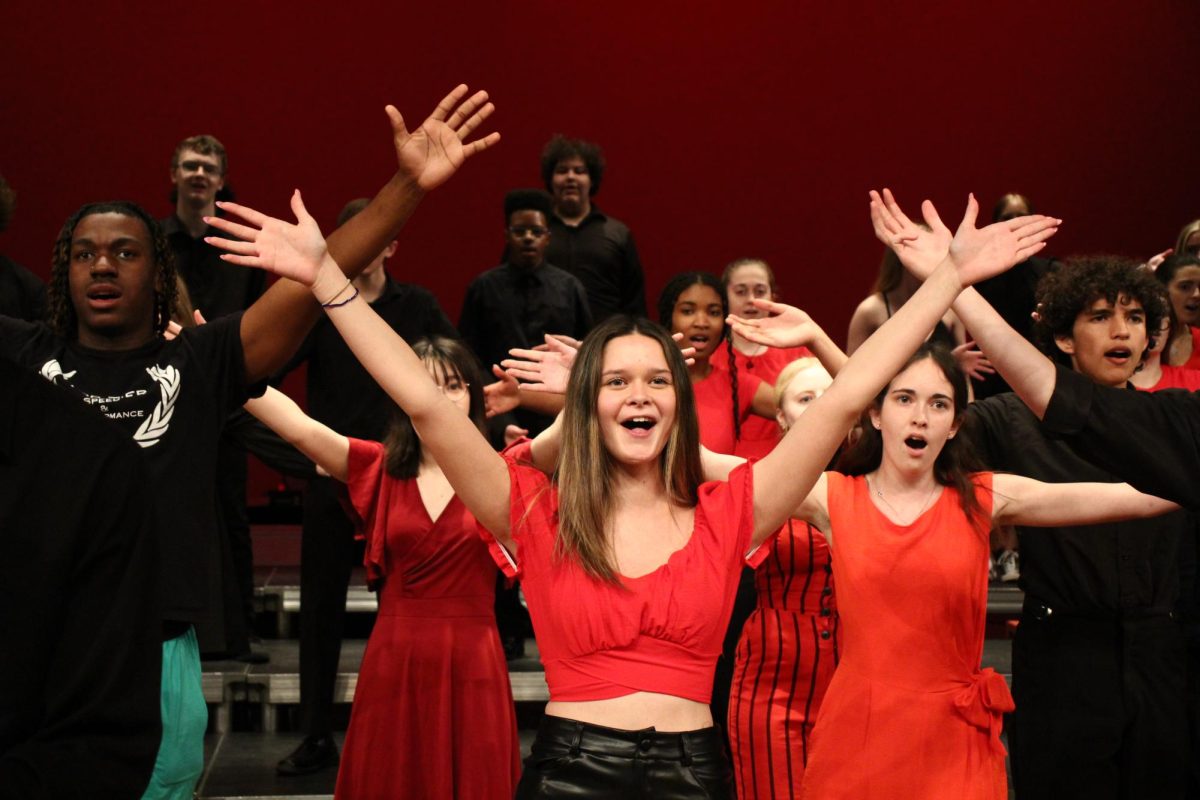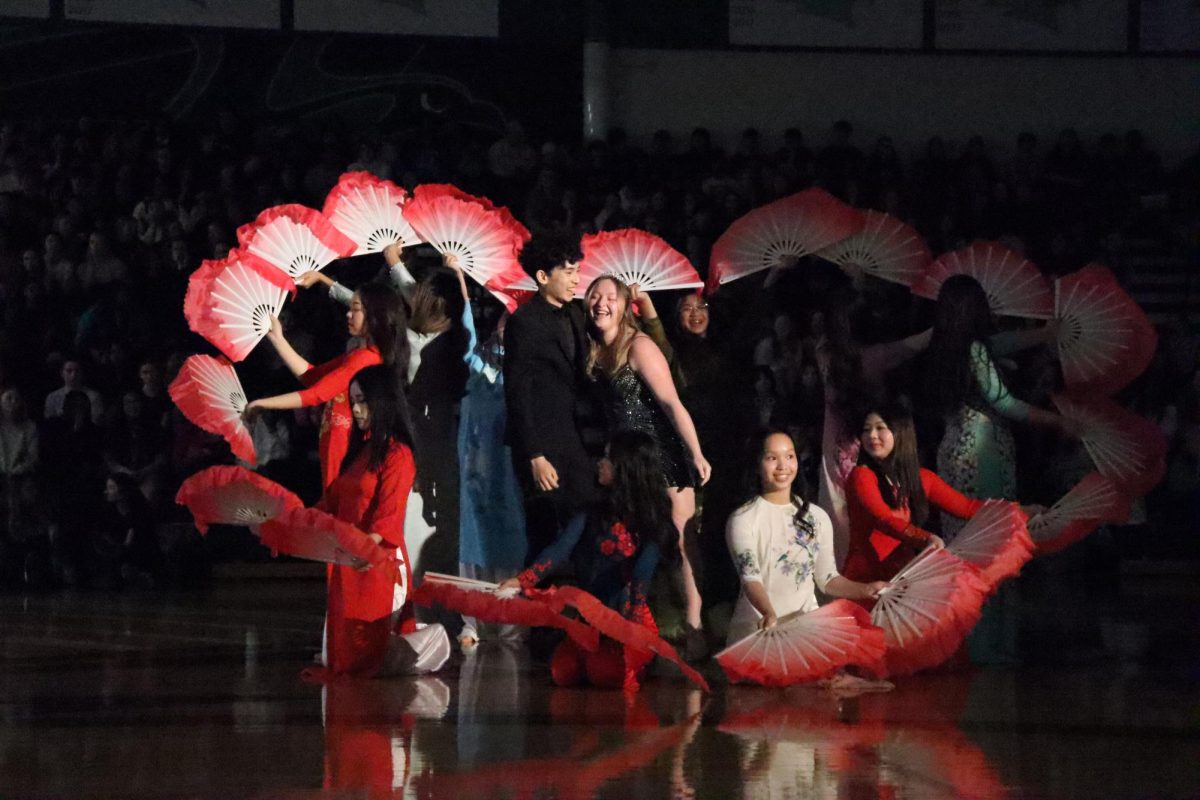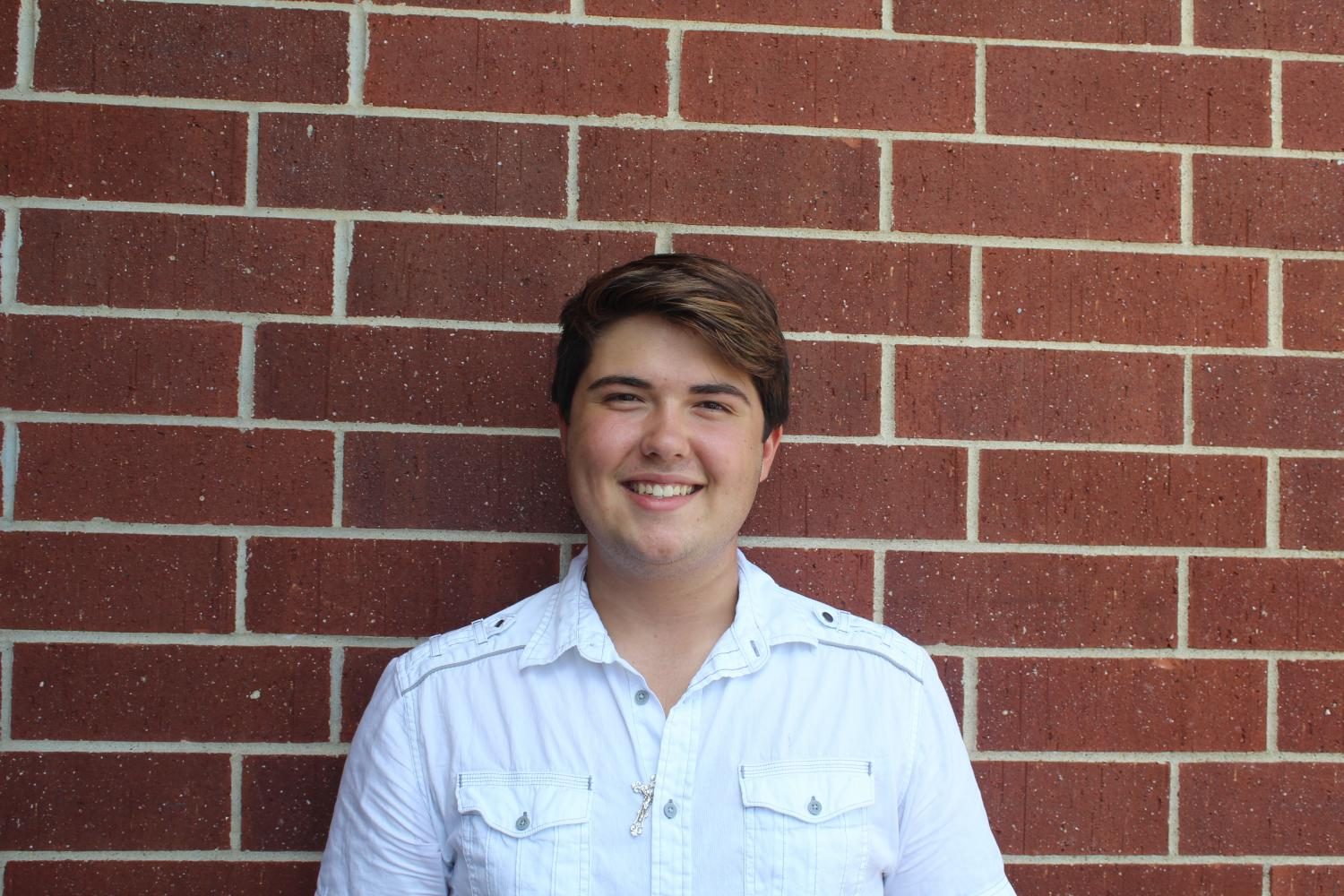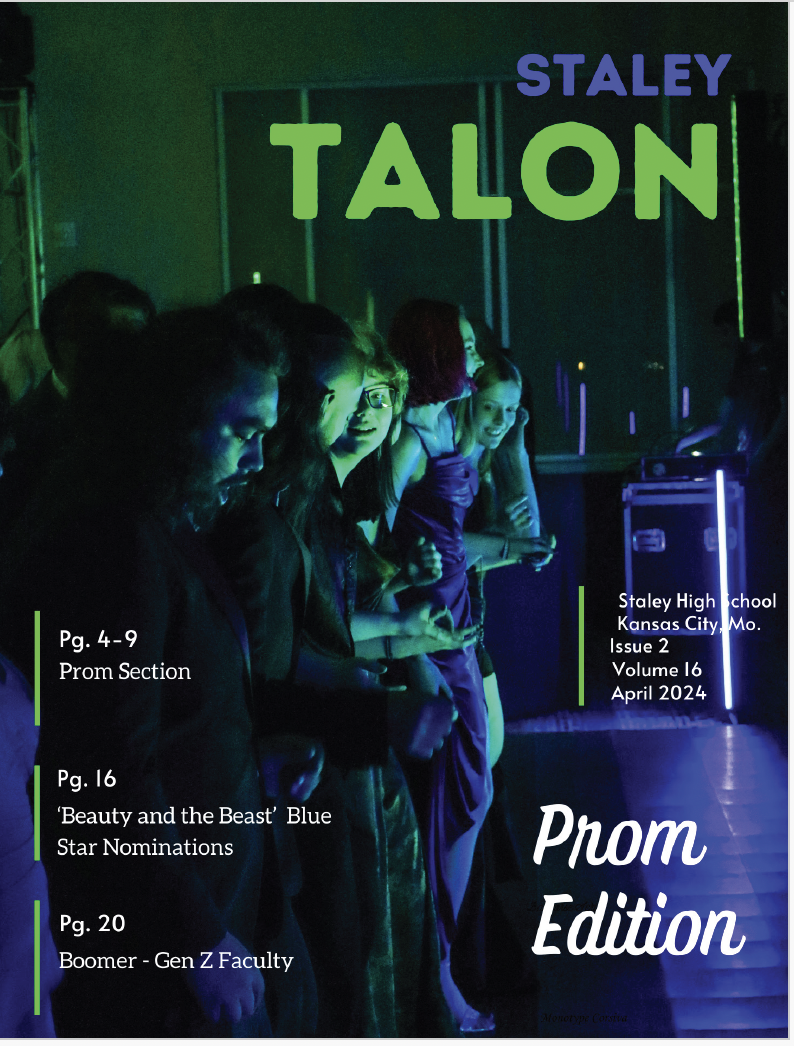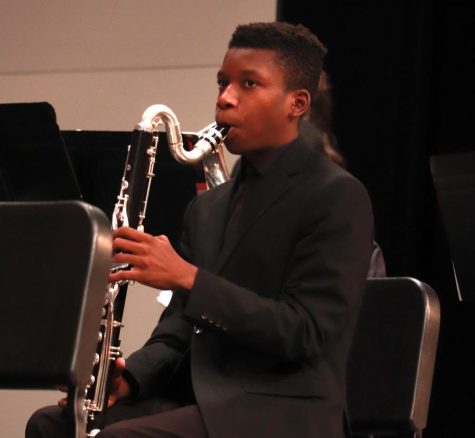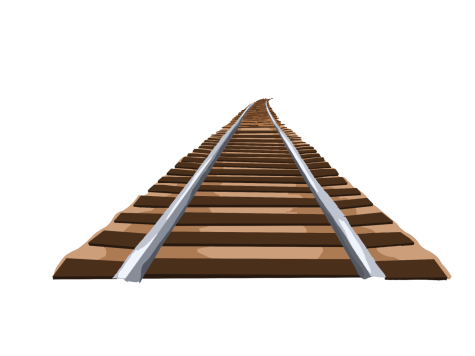Cons of a Later Start
School Start Times Shouldn’t Change
February 11, 2017
High-school students often complain about how early school starts and why elementary and junior-high students get to go to school later, but school start times should remain the same because changing it would cause more conflict in our lives rather than better them.
Most high-school students have jobs and after- school activities, but elementary-school and junior-high students don’t have jobs. If school start times change, then high schoolers get out later in the day, which causes less time for after-school activities.
Parents who work sometimes rely on the older sibling to watch the younger siblings after school, and if high-school start times are later, and the elementary and junior-high start times are earlier, older siblings wouldn’t be able to be there for younger kids who get out of school before them.
Changing the high-school start time to 8:30 a.m. would cause high schoolers to get out at 3:30 p.m., and with after-school sports taking roughly two hours, that would make high-school students get done at about 5:30 p.m. If they have a job, that would cause them to have to go into work right after their activities.
This would all make a chain reaction of issues, not just getting out of school later but getting out of activities later and going into work later and working for a shorter period of time.
The only time for schoolwork would be after their jobs, which would cause the students to be awake later and still lose sleep.
Teens spend a great portion of each day in school; however, they are unable to maximize the learning opportunities afforded by the education system, since sleep deprivation impairs their ability to be alert, pay attention, solve problems, cope with stress and retain information, according to National Sleep Foundation.
Even though high-school times can start later, it would likely start a bigger issue of students losing more sleep than they would have when they woke up early for school.

